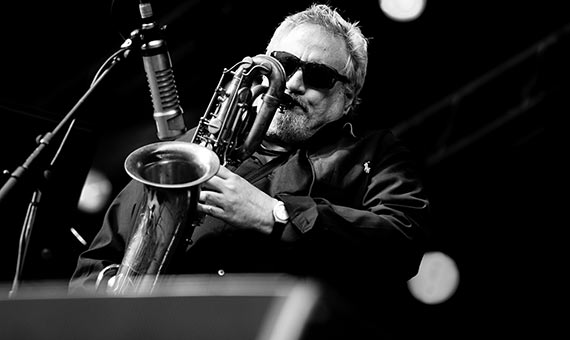The hypothesis that music played an essential role in the formation and survival of groups and in conflict mitigation is one of the most accepted. Mark Tramo, of the Institute for Music & Brain Science at Harvard University, defines it as a factor of social cohesion. “Men needed to organize to hunt and defend themselves. It paved the way for us to communicate with each other and to share emotions,” he explains.

The ability to communicate emotions was precisely what made music persist after the development of language. A study by psychologists at the University of London showed, for example, that even when listening to a short piece of music, an individual is more likely to interpret sadness or happiness in his or her interlocutor, even if the subject maintains a neutral facial expression.
In its task of forging links between people, music also reveals the personality of each, according to a study of experts in Social Psychology at the University of Cambridge. A group of strangers was divided into pairs and had six weeks to get acquainted. Participants were asked to judge the other person’s personality based only on their list of 10 favourite songs. Psychologists noted that participants correctly identified the personality traits of their partners in the study and concluded that musical taste is a reliable source of information about an individual.
Promotes creativity
Science has also found an explanation for a more instinctive function of music—to make us feel good. A study published recently by the journalNature and led by Daniel Levitin, neuroscientist and author of the book “This is Your Brain on Music: The Science of a Human Obsession,” indicates that it acts in the brain in a manner similar to drugs, sex or food. Songs activate the frontal lobe, produce dopamine and act on the cerebellum, which is able to “synchronize itself” to the rhythm of the music, which causes pleasure. “It’s like a toy for the brain,” says Levitin.
And this “toy” also stimulates creativity. Research from the University of Oxford indicates that music at a moderate level enhances abstract processing power, which favours creativity when it comes to performing activities or solving problems.

In children’s brains, musical activity increases cognitive and motor skills. A team of neurologists at the University of St. Andrews (Scotland) found that children who have three years or more of training with musical instruments have better motor coordination and auditory discrimination skills, learn vocabulary more easily, and have better non-verbal reasoning skills, which implies better understanding and analysis of visual information, such as identifying relationships, similarities and differences between shapes and patterns.
Is therapeutic
Of all the functions of music, perhaps the most mysterious corresponds to its possible therapeutic use. British neurologist Oliver Sacks reported in his books cases of patients with Alzheimer’s or Parkinson’s whose symptoms improved when they listened to songs. Other investigations mention patients with strokes who showed better visual attention upon listening to classical music.
According to pianist Robert Jourdain in the book “Music, the Brain and Ecstasy: How Music Captures Our Imagination,” it overcomes the symptoms because it “relaxes the cerebral flow,” while “stimulating and coordinating the activities of the brain.” For him, this “magic” happens to everybody. “Music lifts us from our frozen mental habits and makes our minds move in ways they ordinarily cannot,” he says.
Music is a force that can unite humans even as they are separated by distance and culture. Science can explain many things, but science alone cannot create them. Science can explain music, but only intellect and emotion can create it.


